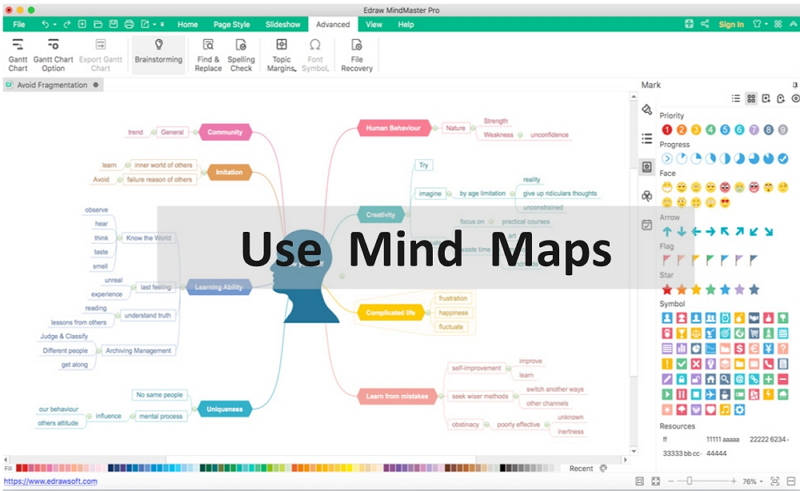Asking “why” is one of the most powerful habits a person can cultivate, especially in business and professional environments where decisions, strategies, and assumptions often go unquestioned. It’s a deceptively simple question, but its impact can be profound. At its core, asking “why” challenges the status quo, encourages deeper thinking, and fosters a culture of curiosity and continuous improvement. It’s not about being contrarian or difficult—it’s about seeking clarity, uncovering purpose, and ensuring that actions align with goals.
In many organizations, routines and processes become entrenched over time. People follow procedures because that’s how it’s always been done, without considering whether those methods are still effective or relevant. Asking “why” disrupts this inertia. It prompts individuals and teams to reexamine their practices and consider whether they’re serving their intended purpose. For example, a company might hold weekly meetings that feel unproductive. Asking why those meetings exist can lead to a reevaluation of their format, frequency, or necessity. The result might be a more efficient use of time and a renewed focus on outcomes.
Asking “why” also drives innovation. When people question existing models or explore the rationale behind a product, service, or strategy, they open the door to new possibilities. Many breakthroughs begin with someone asking why things are the way they are and whether they could be different. In product development, for instance, asking why users behave a certain way or why a feature is underutilized can reveal insights that lead to better design. It’s a mindset that encourages experimentation and learning, rather than settling for what’s familiar.
In leadership, asking “why” is essential for building trust and alignment. Leaders who explain the reasoning behind decisions help their teams understand the bigger picture and feel more connected to the mission. Conversely, leaders who fail to ask or answer “why” risk creating confusion, disengagement, and resistance. When employees understand why a change is happening or why a goal matters, they’re more likely to support it and contribute meaningfully. It’s not just about transparency—it’s about empowering people with context and purpose.
Asking “why” also strengthens problem-solving. When faced with a challenge, it’s tempting to jump to solutions without fully understanding the root cause. By asking why a problem exists, you dig beneath the surface and identify underlying issues. This approach, often used in methodologies like the Five Whys or root cause analysis, leads to more effective and sustainable solutions. For example, if a team is consistently missing deadlines, asking why can uncover issues like unclear expectations, resource constraints, or communication breakdowns. Addressing these root causes is far more impactful than simply urging the team to work faster.
In personal development, asking “why” fosters self-awareness and intentionality. It encourages individuals to reflect on their choices, values, and motivations. Why do I want this promotion? Why am I pursuing this goal? Why do I react this way in certain situations? These questions help clarify priorities and guide behavior. They also support resilience, as understanding your “why” can provide motivation during difficult times. When goals are grounded in purpose, they become more meaningful and achievable.
However, asking “why” requires a certain level of psychological safety. In environments where questioning is discouraged or seen as a challenge to authority, people may hesitate to speak up. Creating a culture that welcomes inquiry and values thoughtful dialogue is essential. This means encouraging curiosity, listening actively, and responding with openness rather than defensiveness. When people feel safe to ask “why,” they contribute more fully and help drive collective growth.
It’s also important to ask “why” with humility and respect. The goal is not to undermine or criticize, but to understand and improve. Framing questions constructively—such as “Can you help me understand why we’re approaching it this way?”—invites collaboration rather than confrontation. It signals a desire to learn and contribute, rather than to challenge for the sake of challenging. This approach builds bridges and fosters mutual respect, even in complex or high-stakes situations.
In education and training, encouraging learners to ask “why” deepens engagement and comprehension. Rather than memorizing facts or following instructions blindly, learners who explore the reasoning behind concepts develop critical thinking skills and a more robust understanding. This is especially important in fields that require judgment and adaptability, such as medicine, law, or engineering. When learners understand the “why,” they’re better equipped to apply knowledge in real-world scenarios and make informed decisions.
Ultimately, asking “why” is about cultivating a mindset of inquiry and reflection. It’s a tool for navigating complexity, driving improvement, and connecting actions to purpose. In a world that often values speed and certainty, taking the time to ask “why” can feel counterintuitive. But it’s precisely this pause that leads to better outcomes, stronger relationships, and more meaningful work. Whether you’re leading a team, solving a problem, or charting your own path, asking “why” helps ensure that you’re not just moving forward—but moving forward with intention.





